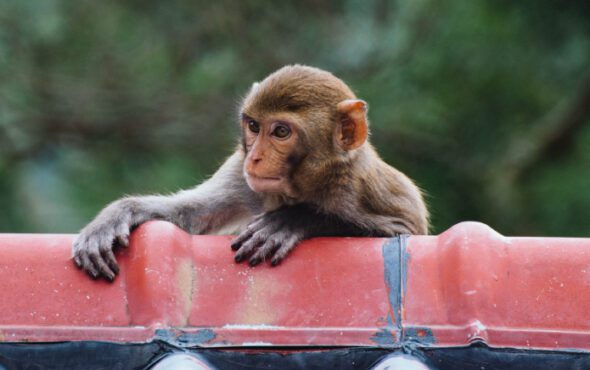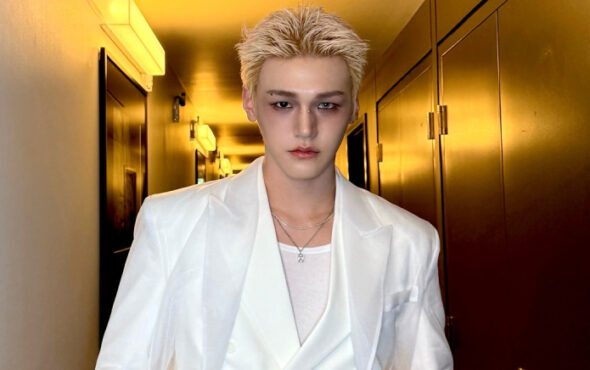
The majority of male macaque monkeys are bisexual, researchers at Imperial College London have concluded.
Their study, which was carried out in Puerto Rico, found that wild male macaques exhibited homosexual behaviours more often than heterosexual ones.
Almost three quarters (72 per cent) undertook same-sex mounting, which scientists believe helped to forge strong social bonds and supportive relationships.
Less than half (46 per cent) engaged in mounting with macaques of the opposite sex.
Same-sex behaviour in male macaque monkeys was deemed to be inheritable in 6.4 per cent of the sample, meaning that it is likely there are genes making a male macaque more likely to engage in same-sex behaviours.
“Our research shows that same-sex behaviour is in fact widespread amongst non-human animals”
“We found most males were behaviourally bisexual, and that variation in same-sex activity was heritable,” said the study’s first author, Jackson Clive.
“Our research therefore shows that same-sex sexual behaviours can be common amongst animals and can evolve. I hope our results encourage further discoveries in this area.”
Demographic factors, such as age, did not impact the likelihood of the macaque engaging in such activities – something the researchers said challenges the belief that same-sex behaviours are rare or the product of societal conditions.
READ MORE: More young people identify as LGBTQ+ than ever before, study finds
“Unfortunately there is still a belief amongst some people that same-sex behaviour is ‘unnatural’, and some countries sadly still enforce the death penalty for homosexuality,” Professor Vincent Savolainen, the study’s senior author, explained.
“Our research shows that same-sex behaviour is in fact widespread amongst non-human animals.”
Approximately 236 male rhesus macaques living in a colony of 1,700 on the island of Cayo Santiago were observed as part of the study from 2017 to 2020.
Genetic analysis and reviews of the macaques’ pedigree back to the 1950s were also conducted as part of the research.



